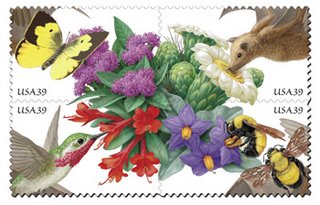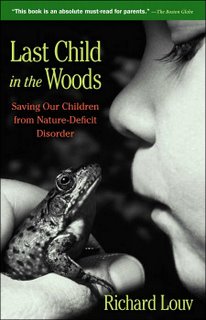Status of Pollinators in North America

Status of pollinators in North America, new from the National Research Council (NRC), assesses population trends among bees, birds, bats, and other animals and insects that spread pollen so plant fertilization can occur.
European studies have documented declines of certain pollinator species, raising concerns that crop yields could drop or that ecosystems could be disrupted as a result. And last year, honeybees -- millions of colonies of which are leased by farmers to ensure pollination -- had to be imported from outside North America for the first time in decades because of a shortage in the U.S.
The report released in conjunction with a North American Pollinator Protection Campaign meeting held at the U.S. Department of Agriculture on Oct. 18. Research Council committee member GENE ROBINSON, director of the neuroscience program and G. William Arends Professor of Integrative Biology at the University of Illinois, Champaign-Urbana, presented the report's findings at the meeting. Also at the meeting, USDA announced a public awareness campaign, and the U.S. Postal Service unveiled a "pollination" stamp series.
"Although there is "no strong evidence for a current pollination crisis," there may be one looming, reports an NRC committee led by entomologist May Berenbaum of the University of Illinois, Urbana-Champaign." (Science, 20 October, p. 397)
Photo credit: U.S. Postal Service

